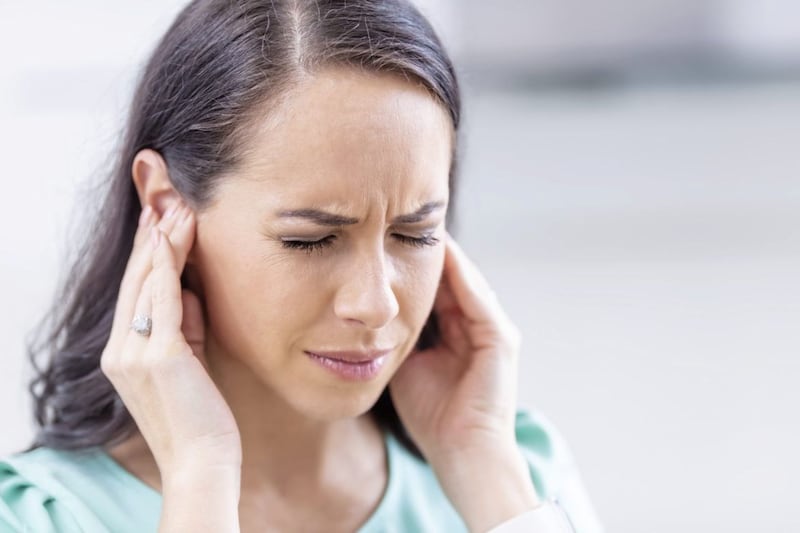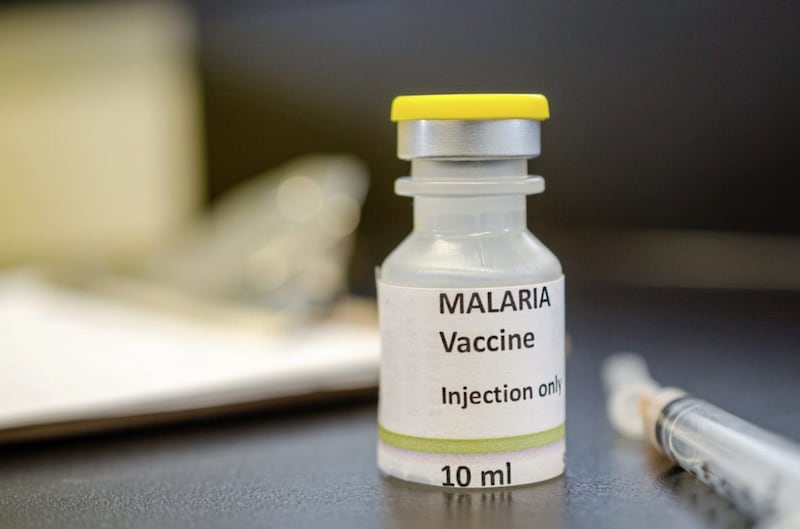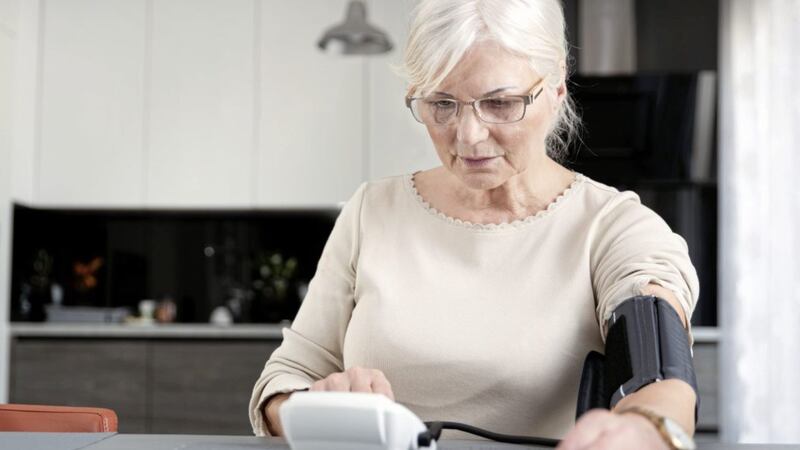Q: MY wife has a blood pressure reading in her right arm of more than 200, but on the left it's 130. She had a phone consultation with the hospital and was told she had a thrombosis in the left arm and it was nothing to worry about. She is 79.
DMW
A: MOST people have a marginally higher reading in the right arm, typically by around five points, due to our anatomy.
The blood flow to the right arm comes off the aorta (the main artery in the body, which takes oxygenated blood from the heart). The blood flows up the two major arteries to the head (the carotids) before it flows to the left arm - farther on enough for the run-off into those other major vessels to slightly reduce the pressure.
But there is a considerable discrepancy between your wife's two readings. This is not uncommon - a difference in readings of more than 10 points occurs in 4 per cent of the general population and 11 per cent of people with high blood pressure.
It is usually a sign of a health problem - causes include heart and kidney conditions (the kidneys help regulate blood pressure) and furred-up arteries as a result of cholesterol deposits (known as atheroma), which is suggested as the problem in your wife's case.
You've been told the discrepancy is because of a blockage in the artery affecting blood flow into her left arm.
Because of the inconsistency in readings, the real blood pressure level is unclear. However, it's clearly high if her systolic blood pressure (the level in the arteries when the heart beats and sends blood out into the aorta) in her right arm is 200 - ideally it should be below 140.
Furred-up arteries are a major risk factor for heart attacks and strokes, so we make great efforts to control things that contribute to them, including reducing cholesterol levels (prescribing a statin) and controlling diabetes (if applicable).
My advice is that your wife should have her major arteries assessed for atheroma - this is best done with an ultrasound scan and your GP can refer her.
Because the blood pressure in her right arm is high, she will need medication for hypertension, too. That arm should be used for future pressure measurements as, given the lower blood flow in the left arm, we must assume the only reliable reading is in the right.
****

Q: SOME years ago I was diagnosed with Meniere's. As well as the usual falling sensations, my energy levels have sunk to near zero, and the pressure in my ear feels like a pending explosion. Walking, even with a stick, is difficult and I feel as if I'm drunk.
RB
A: AS you probably know, this disorder is caused by a build-up of the fluid, endolymph, in the canals of the inner ear.
We don't know why it happens, but this leads to an increase in pressure, in turn affecting the labyrinth, the complex of semicircular canals forming the majority of the inner ear, which play a key role in balance.
Movement of endolymph sends signals to the brain to let it know we are moving, hence why issues in this process cause dizziness.
Symptoms can worsen with time. Many patients find certain foods exacerbate symptoms - reducing your intake of salt, caffeine, alcohol and monosodium glutamate (MSG, a flavour enhancer often found in processed food) can help (restricting salt, and the sodium in MSG, affects fluid levels).
Major balance difficulties can be reduced with vestibular rehabilitation exercises under the care of a specialised physiotherapist.
The main medication is betahistine, often prescribed in conjunction with a diuretic (e.g. hydrochlorothiazide) - these can help reduce the pressure.
The next stage is to take glucocorticoids (steroids such as prednisone) orally. Short courses of these can help (it's unclear how) but may cause side-effects.
Some specialists treat problem cases, particularly those in whom the vertigo is disabling, with glucocorticoids such as dexamethasone, injected through the ear drum under local anaesthetic.
I would suggest your symptoms require a neuro-otologist's attention, and perhaps you could discuss this with your GP.
****
IN MY VIEW...
FOOD FOR THOUGHT FOR ANTI-VAXXERS
WE'VE just seen a red letter day in the annals of healthcare - it will also give anti-vaxxers something to think about.
A recent study has confirmed that a single dose of a newly created antibody called CIS43LS is highly effective against malaria, which in Africa alone causes 400,000 deaths a year, the majority in children.
Many are aware of the tablets you must take when travelling to regions where malaria is present - the problem is that while such drugs are helpful, they aren't always effective.
In the latest study, the antibody was given by injection to 25 volunteers. The 'vaccinated' volunteers and a control group were then exposed to mosquitoes known to be infected with the malaria-causing parasite.

While all the volunteers were bitten, none of the injected group developed malaria, while most of the control group did - and were rescued by medication.
This is an outstanding triumph. Of course, we need to see data from larger studies before the new prevention is able to enter common use. But the application of this careful and diligent science, destined to save millions of lives, is one to challenge anti-vaxxer obduracy.
© Daily Mail








